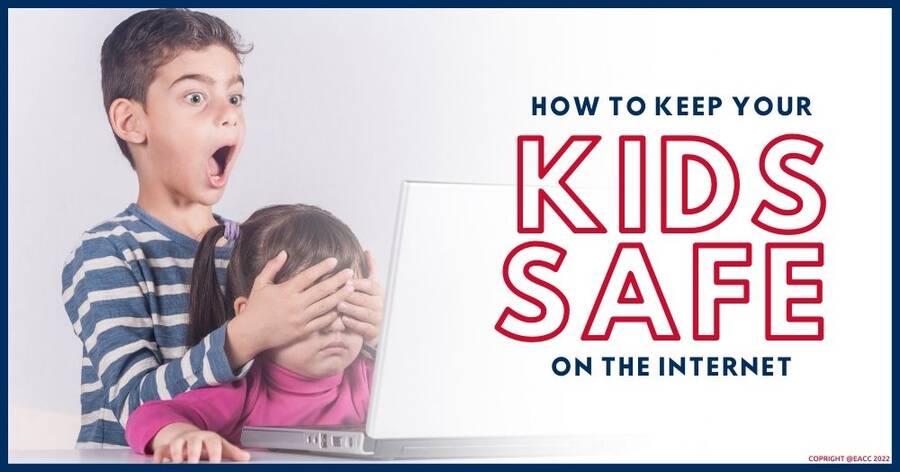
In this two-minute read,
we look at ways to safeguard your kids online.
The internet is a weird and
wonderful place. Where else can you find answers to complex questions in
seconds, or see pics of your mate’s terrible 1992 hairstyle in a few clicks?
Love it or hate it, many of
us spend hours a day online, browsing, posting, reading, and downloading. And
that includes our kids.
On 8 February, it’s Safer
Internet Day – a campaign designed to make the internet a better place for
kids. Here are some safeguarding ideas.
1)
Talk about their online life
Most
kids have no idea what life was like without the internet and have always been
connected. So, it’s important to differentiate between their online and offline
world, and to take a genuine interest in both.
Ask
about their online activities – what they like to watch on YouTube, online
games they play, favourite apps, recent posts on social media. You need to be
aware of how they’re communicating and with whom. Remind them that not everyone
is who they say they are online and why this could be dangerous.
2)
Understand online games
There
are endless games and devices your child can play on; it can feel quite
overwhelming. And while these games offer hours of fun, there are various
issues you should be aware of such as age ratings, in-game purchases, talking
to strangers, and bullying.
Get
familiar with your child’s game and always check what age group it’s aimed at.
Lots of games have settings that allow you to control features such as chat
functions, purchases, and private messages. Decide what is appropriate for your
child.
3)
Set screen time limits
How
many of us sit on our phones when we’re supposed to be doing something else? Mindless
scrolling is something we’re all guilty of, and if we do it, our kids will,
too. If you’re worried about how much time your children are spending online,
draw up a family agreement of how much time you’re each allowed online and at
what times of day.
4)
Supervise
This
may be difficult when you’ve got teenagers, but with younger children, it’s
important to monitor what they’re watching online. Worryingly, you’re often
just a few clicks away from inappropriate content, so make sure younger
children use their screens while you’re present and don’t let them take their
screens into their bedrooms in the evenings.
Check out the Safer
Internet Day site for lots of other
useful resources.